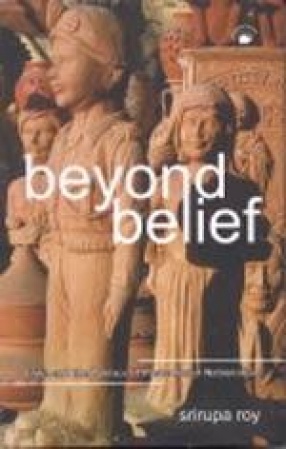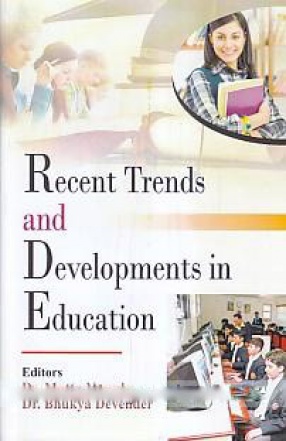Beyond Belief rethinks the formation and consolidation of nation-state ideologies. Analysing the first two decades after Indian Independence, Srirupa Roy shows how nationalists were turned into nationals, subjects into citizens, and the colonial state into a sovereign nation-state. She argues that the postcolonial nation-state is consolidated not, as many have asserted, by imagining a shared cultural community, but by the production of an authoritative identity for the state. This project–of making state identifiable as the nation’s sole representative–emphasizes the cultural diversity of the nation and upholds the state as the unifier and manager of a ‘naturally’ fragmented nation. Roy considers the ways by which this identification was produced and consolidated in the 1950s and 1960s. She looks at how the Films Division of India made audiences ‘see the state’; how nationhood was reinforced via Republic Day celebrations; and how the government produced a policy discourse on scientific development as the ultimate national need. She also analyses India’s industrial townships–built to house the workers of nationalized steel plants–which were upheld as exemplary national spaces in the new India. By prioritizing the role of actual manifestations of and encounters with the state, Roy moves beyond existing theories of nationalism and state formation to present important new ideas on how a state functions to consolidates its authority. Her book will interest all students of Indian history and politics.
Beyond Belief: India and the Politics of Postcolonial Nationalism
In stock
Free & Quick Delivery Worldwide
reviews
Bibliographic information
Title
Beyond Belief: India and the Politics of Postcolonial Nationalism
Author
Edition
1st ed.
Publisher
Permanent Black, 2007
ISBN
9788178242118
Length
xiv+248p., Tables.
Subjects





There are no reviews yet.